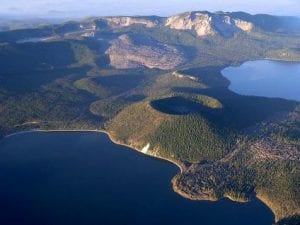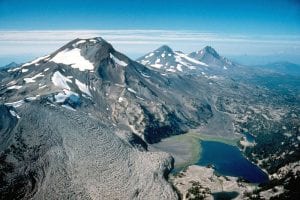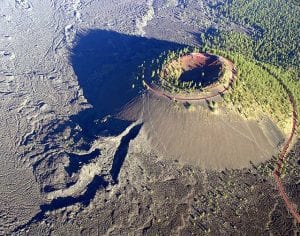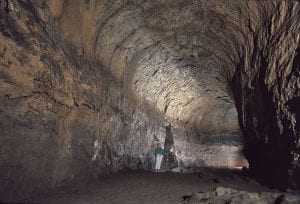Course overview:
What are the impacts of volcanic activity on people, infrastructure, and natural resources? This 3-week field course with a focus on the central Oregon Cascades will answer these questions. Learn how and why volcanoes erupt, where they exist on the planet, and how we monitor them for signs of activity. Gain an appreciation for the impacts of volcanic activity on human history, and the risks and benefits of living in close proximity to potentially active volcanoes.
Summer 2025 dates TBA
Course logistics:
Week 1: Asynchronous section, all course material completed online.
Week 2: Field section, meets in Bend, Oregon. Dorms are available at OSU-Cascades, or you can arrange your own lodging in Bend. Course fees cover all transportation costs for daily field trips.
Week 3: Asynchronous section, all course material completed online.
Registration: There are no pre-reqs for this course – ALL MAJORS ARE WELCOME! Instructor approval is required to ensure students are aware of the course logistics prior to registration.
Questions? Contact Daniele McKay, dmckay1@uoregon.edu for more information.
Course highlights:
Explore recent volcanic features on daily field trips in central Oregon!
During our week in central Oregon, we will ride the summer chairlift up Mt. Bachelor for a 360° view of the geology of the Cascades. We will visit some of the youngest lava flows in Oregon at Newberry National Volcanic Monument, and learn about the processes that created these volcanic deposits. We will tour lava tube caves, visit rivers that have cut deep channels through lava flows, and explore lakes that were created by volcanic activity.

This could be you! Ride the summer chairlift at Mt. Bachelor for a 360° view of the geology of the Cascades. Photos credit: Central Oregon Visitors Association

Visit the largest volcano in the Cascades! Photo credit: Newberry National Volcanic Monument, U.S. Forest Service
Slideshow from past courses:
GEOL 399: Cascade Volcanoes – Summer 2019



